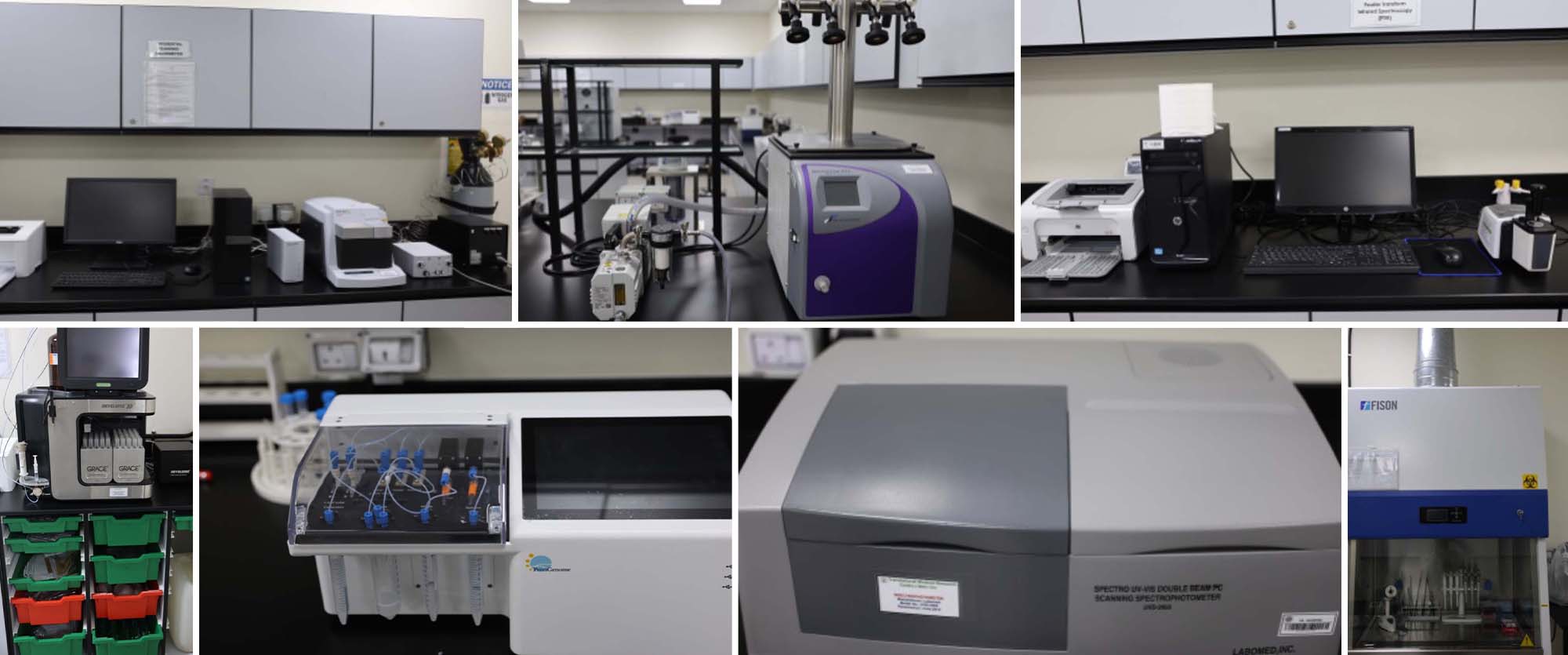TMRC provides structured, transparent, and globally aligned research engagement
pathways for external academic institutions, industry partners, startups, healthcare
organizations, and government agencies. These models are designed to support both
service-oriented research execution and long-term scientific collaboration.
TMRC Option 1: Contract Research Organization (CRO) Model
Under the CRO model, TMRC functions as a full-service translational research
execution partner.
Scope of Services
-
Joint consultation to define research objectives, scope, and deliverables
- Study design, protocol development, and feasibility assessment
-
Institutional ethics and regulatory facilitation, as applicable
-
Complete in vitro, molecular, omics, and analytical experimentation
-
Data acquisition, statistical analysis, interpretation, and quality assurance
-
Submission of a comprehensive, signed final technical report
Financial & Intellectual Property Framework
-
Research services charged at approved external rates
-
Milestone-linked payment structure
-
All intellectual property (data, publications, patents, copyrights) retained by
the sponsor
TMRC Option 2: Collaborative Research Model
This model supports partners seeking active scientific engagement and shared
intellectual contribution.
Scope of Collaboration
-
Joint conceptualization and experimental design
-
Shared execution of laboratory research and data generation
-
Collaborative data interpretation and scientific discussion
-
Co-authorship of publications and joint dissemination of outcomes
Financial & Intellectual Property Framework
-
Facility and consumable costs borne by collaborators at agreed internal rates
-
Intellectual property and publications shared proportionally based on scientific
contribution and mutual agreement
